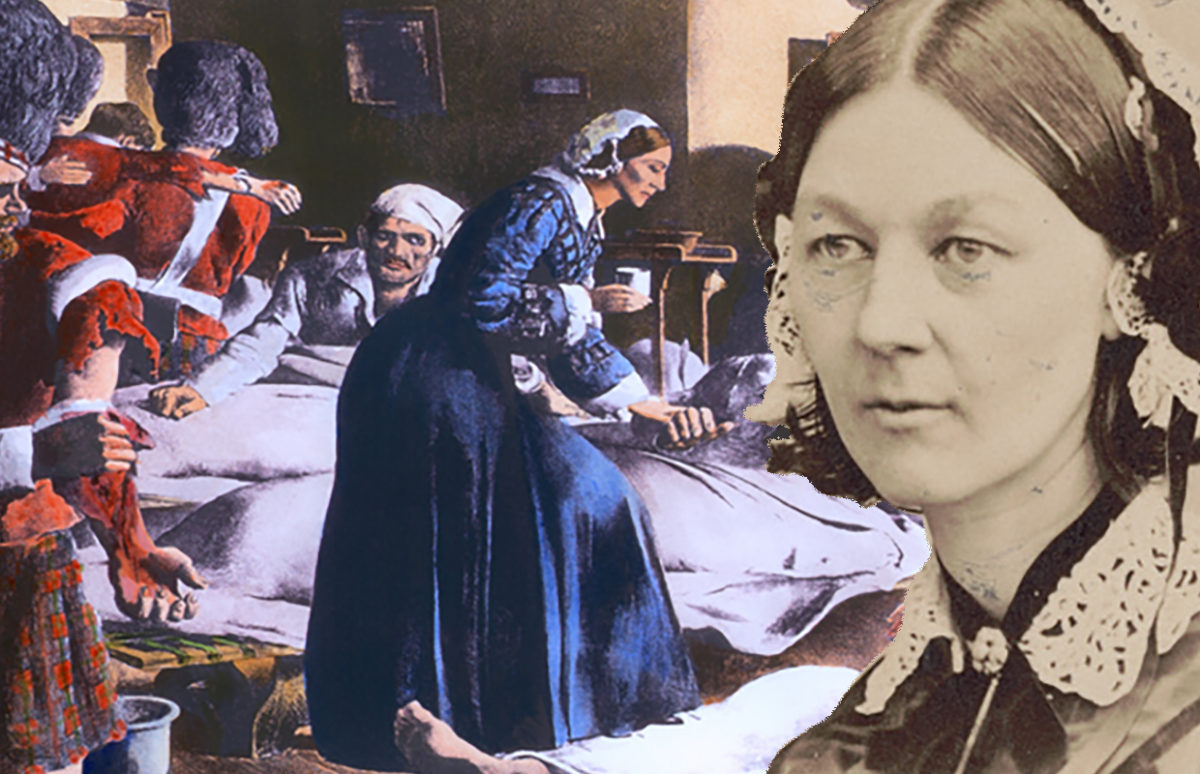
Florence Nightingale is one of Britain’s most recognisable names. The Victorian nursing pioneer and statistician left an indelible mark on the world of medicine. The first woman ever to be featured on a British banknote, her influence is such that 200 years after her birth, the emergency hospitals created for the coronavirus pandemic in the … Continue reading “Florence Nightingale: Nursing Pioneer”
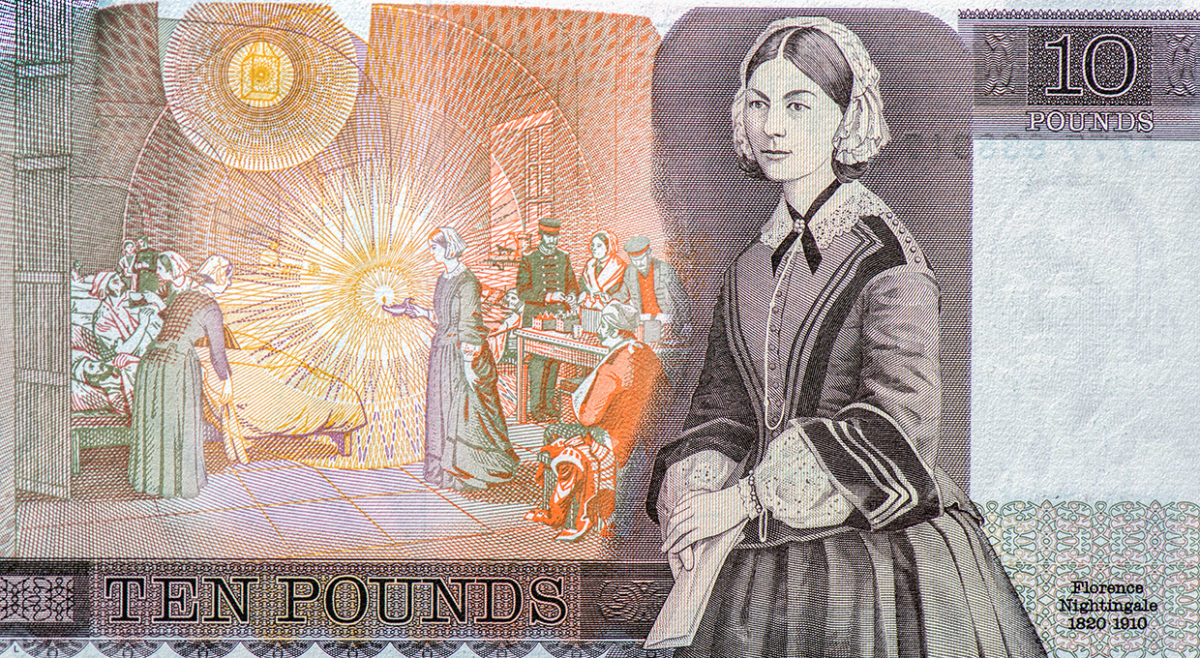
2020 is Florence Nightingale’s bicentenary. After she and a team of nurses managed to significantly reduce the death count by improving the appallingly unsanitary conditions at a British hospital during the Crimean War, she became an authority on public sanitation issues. She also earned a reputation for her statistician’s skills, and her charts would influence … Continue reading “Florence Nightingale”
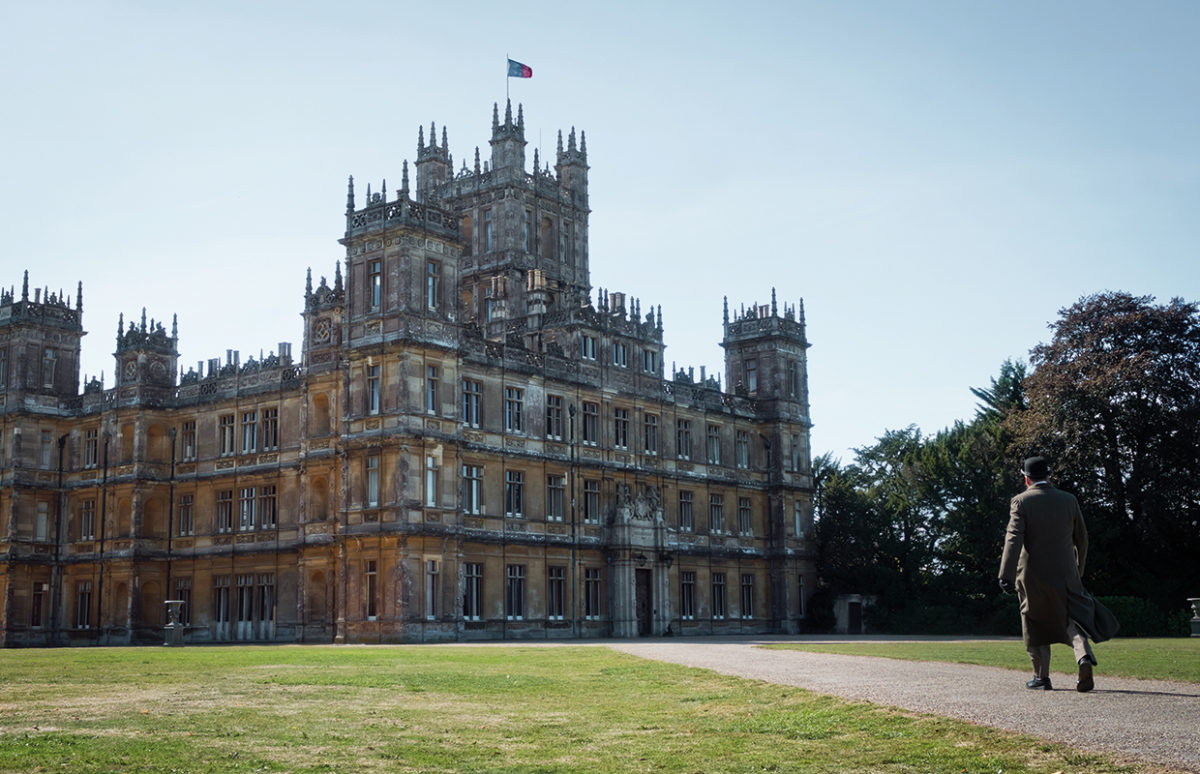
This document aims to allow you to work on the trailer of the upcoming movie Downton Abbey at a B1 level. Downton Abbey was originally a British historical period drama television series that aired from 2010 to 2015. It was set as a fiction based in a historical landscape between 1912 and 1926, in the … Continue reading “Downton Abbey: Masters and Servants”
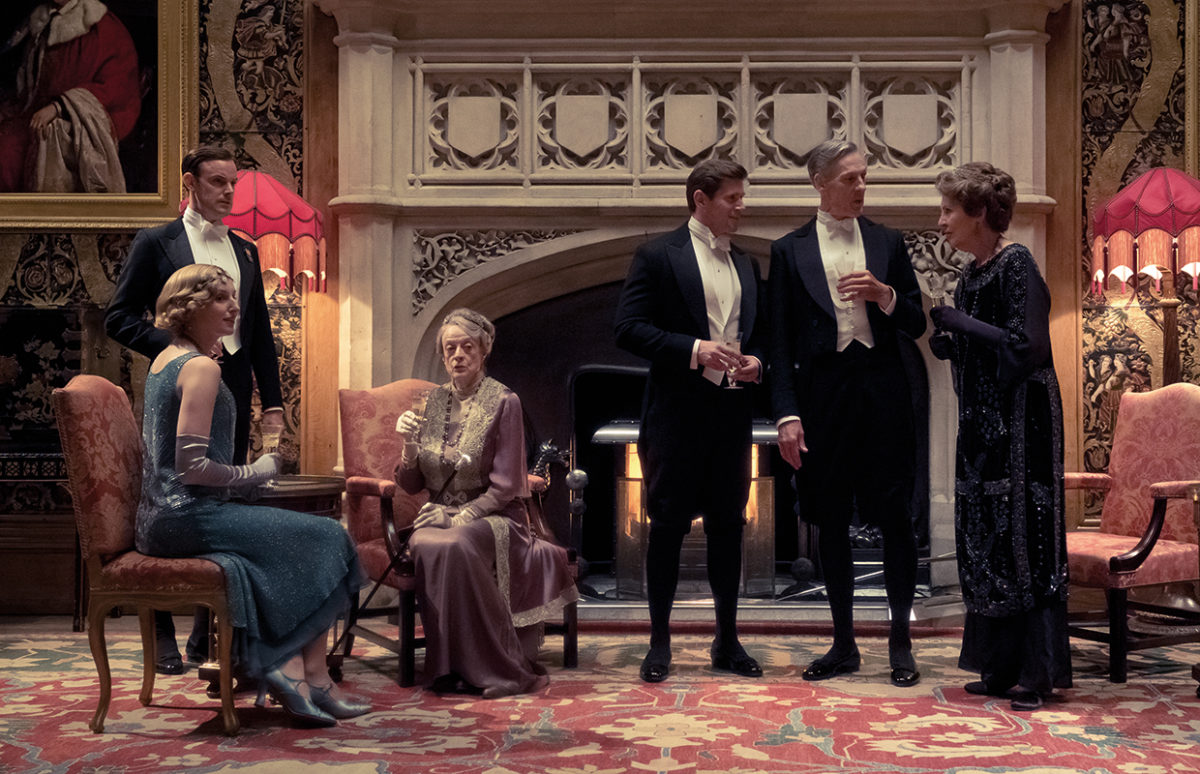
Britain’s favourite aristocratic household is back — this time on the big screen. Downton Abbey is a flurry of activity in preparation for a royal visit. Downton Abbey is one of the most popular British TV series worldwide. The series, which first ran from 2010 to 2015, is set in post-Edwardian England and explores the … Continue reading “Downton is Back”
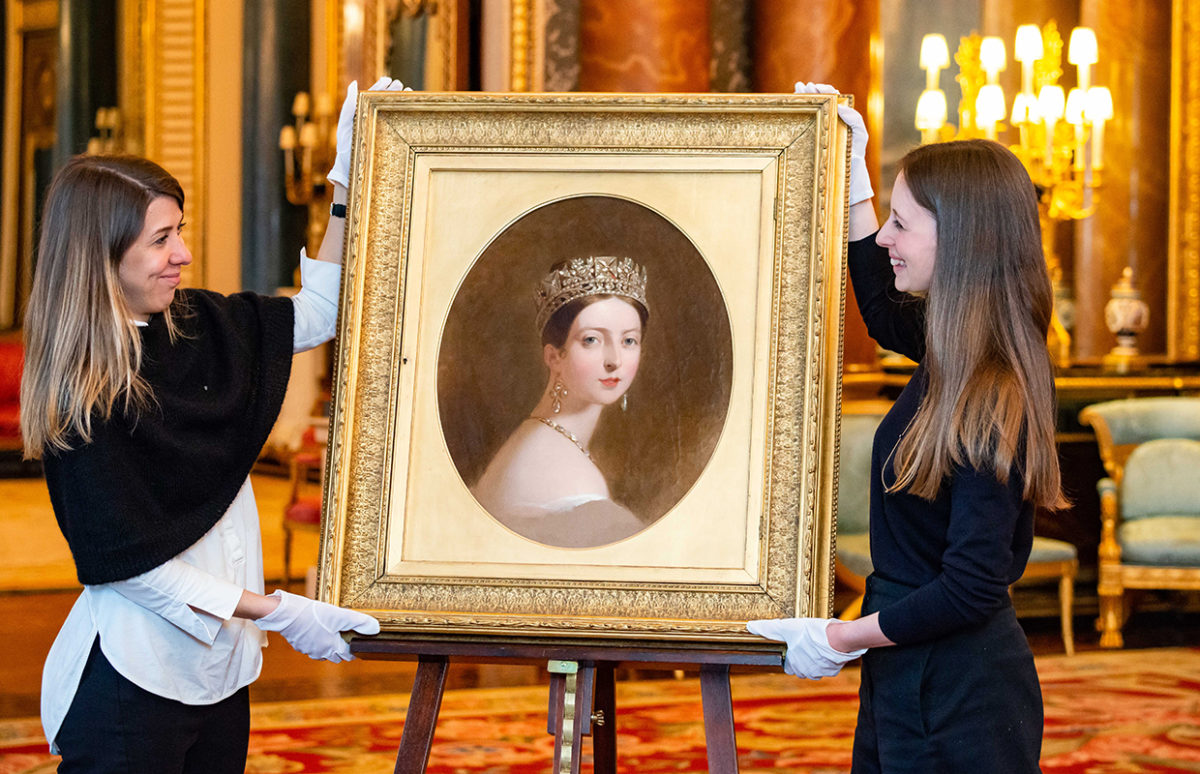
2019 marks the bicentenary of the births of Britain’s Queen Victoria and her beloved husband Prince Albert. Victoria reigned from 1837 until 1899, the longest reign of any British monarch until the current Queen overtook the record in 2015. Victoria reigned over an era of imperial expansion, ultimately ruling over a quarter of the world’s … Continue reading “Victoria 200”
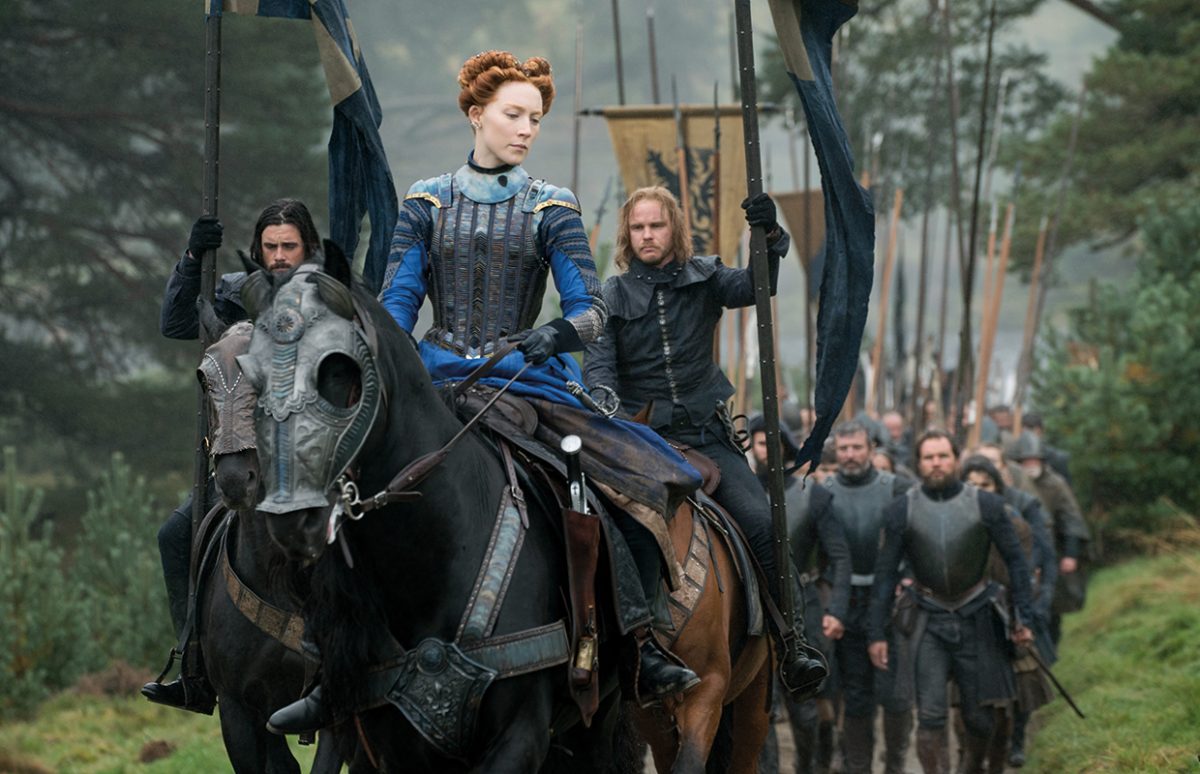
This article explores the fates of two queens who reigned in neighbouring kingdoms in the 16th century. Both linked and opposed, they had to rule in a man’s world, in a conflict-ridden society, where religious and political unrest were rife and conspiracy and treason were the norm. Through the new biopic, Mary Queen of Scots, … Continue reading “Two Queens”
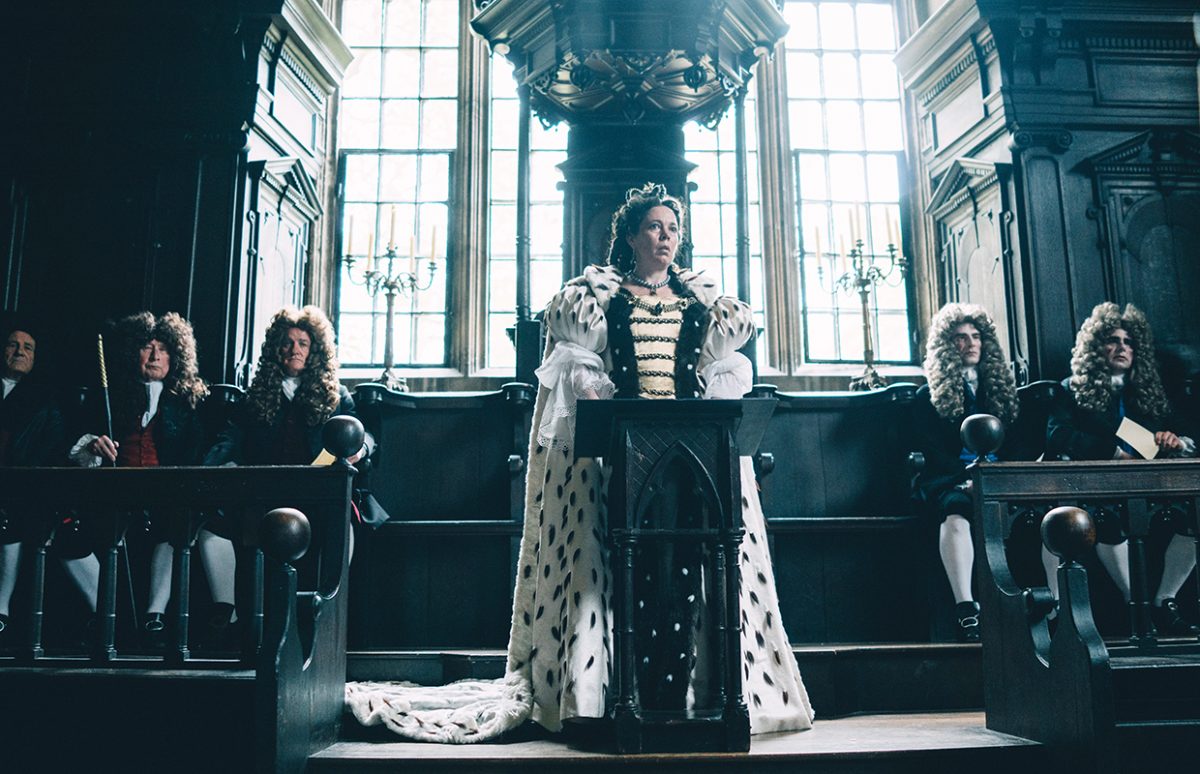
Films about Stuart queens are like buses — there are none for ages, then two together, just in time for the Oscars. Mary Queen of Scots and her descendant Queen Anne are both gracing our screens in radically different biopics, both diverging from history as it has traditionally been portrayed. The Favourite portrays the reign … Continue reading “Queens on Screen”
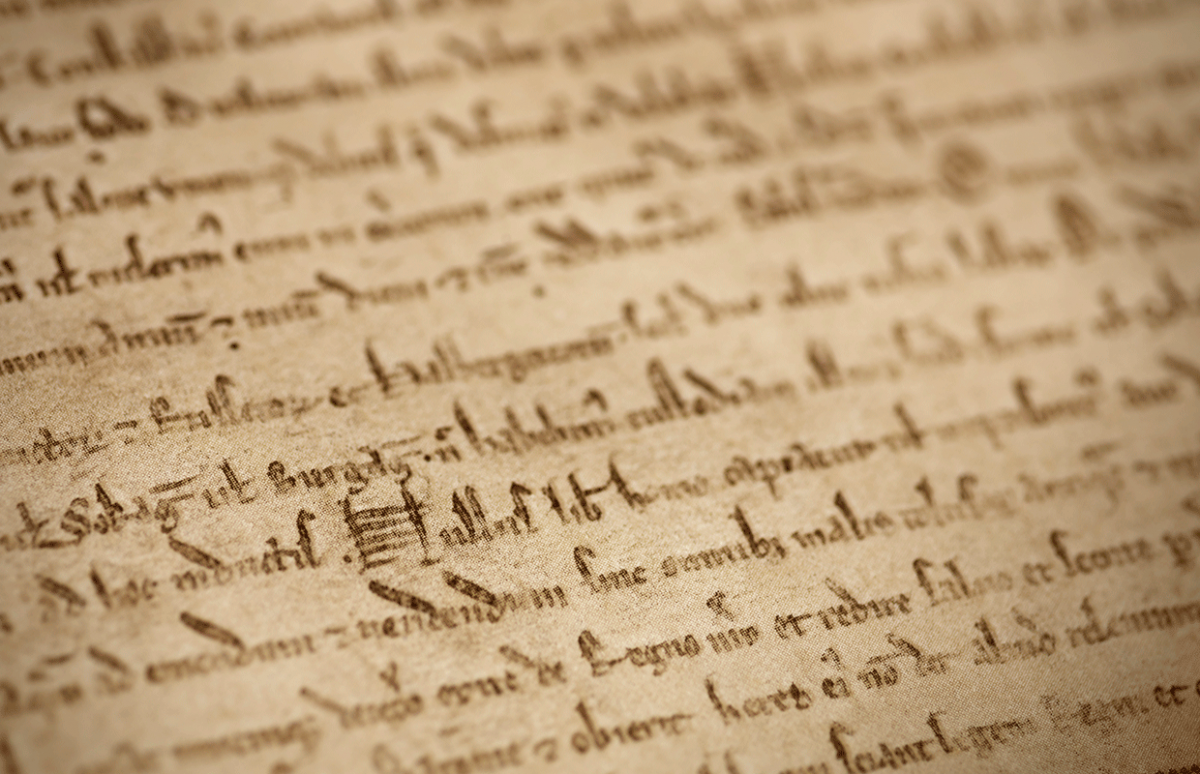
The Magna Carta is the foundation of British democracy, with its limitations of the power of the monarchy and the guarantee of habeas corpus, the right not to be imprisoned without a fair trial. Some simple resources from the British Library can introduce your pupils to this important cultural concept. The British Library has provided … Continue reading “Teaching Democracy: The Magna Carta and Habeas Corpus”

On 25 October, a man was arrested in Salisbury Cathedral in England. He was trying to steal the cathedral’s copy of the Magna Carta, a major symbol of democracy. The Magna Carta (1215) is one of the most important documents in British, not to say world history. It represents the first time a British monarch … Continue reading “Saving the Magna Carta”
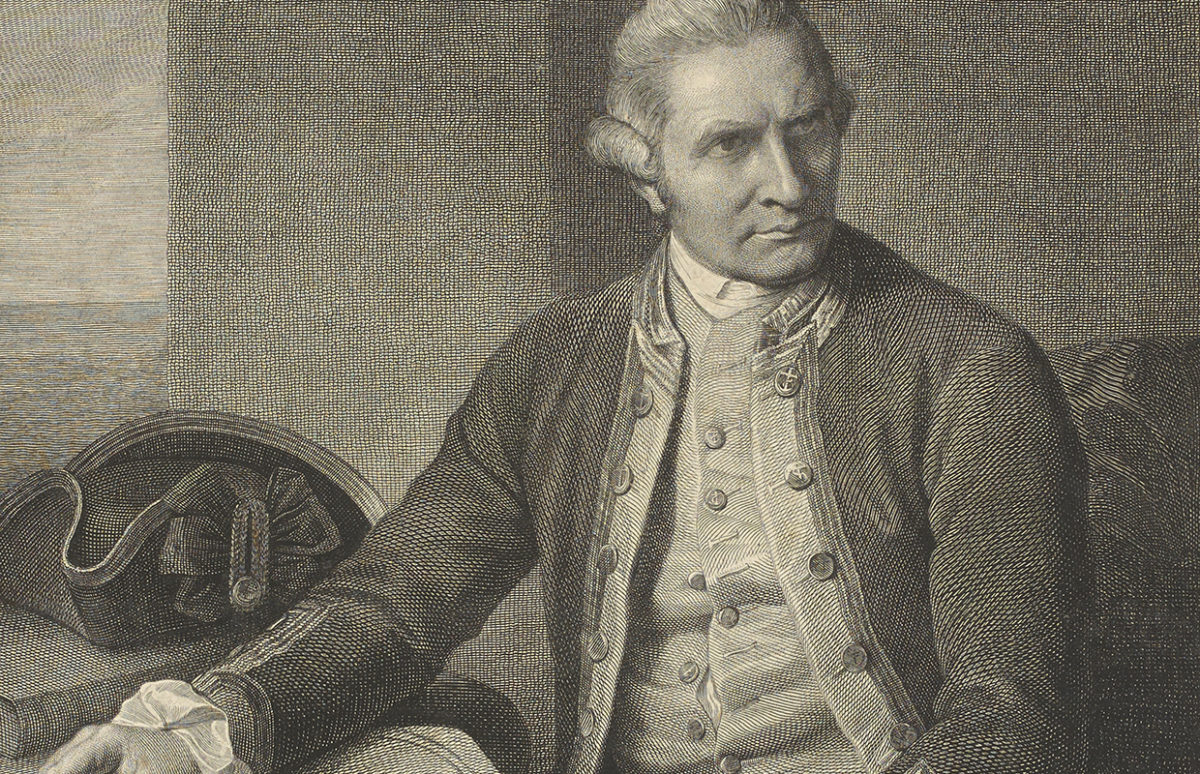
250 years ago, Captain James Cook led the first of three expeditions to the Pacific which led to the colonisation of Australia and New Zealand. An exhibition at the British Library looks at the legacy of those expeditions, for Britain but also for the populations in the territories Cook visited. Cook was a Royal Navy … Continue reading “Captain Cook: Voyages to the Pacific”













